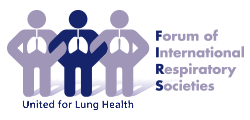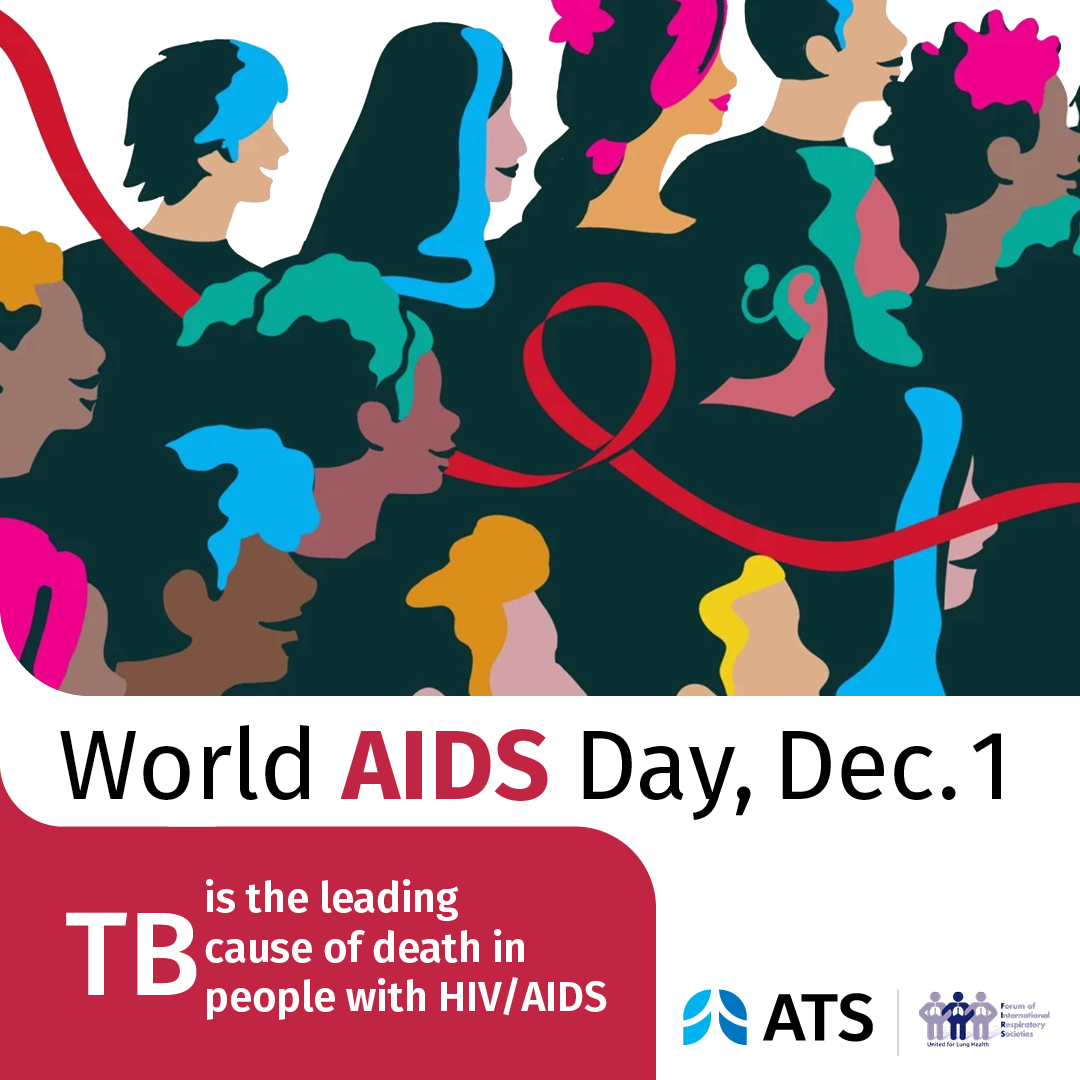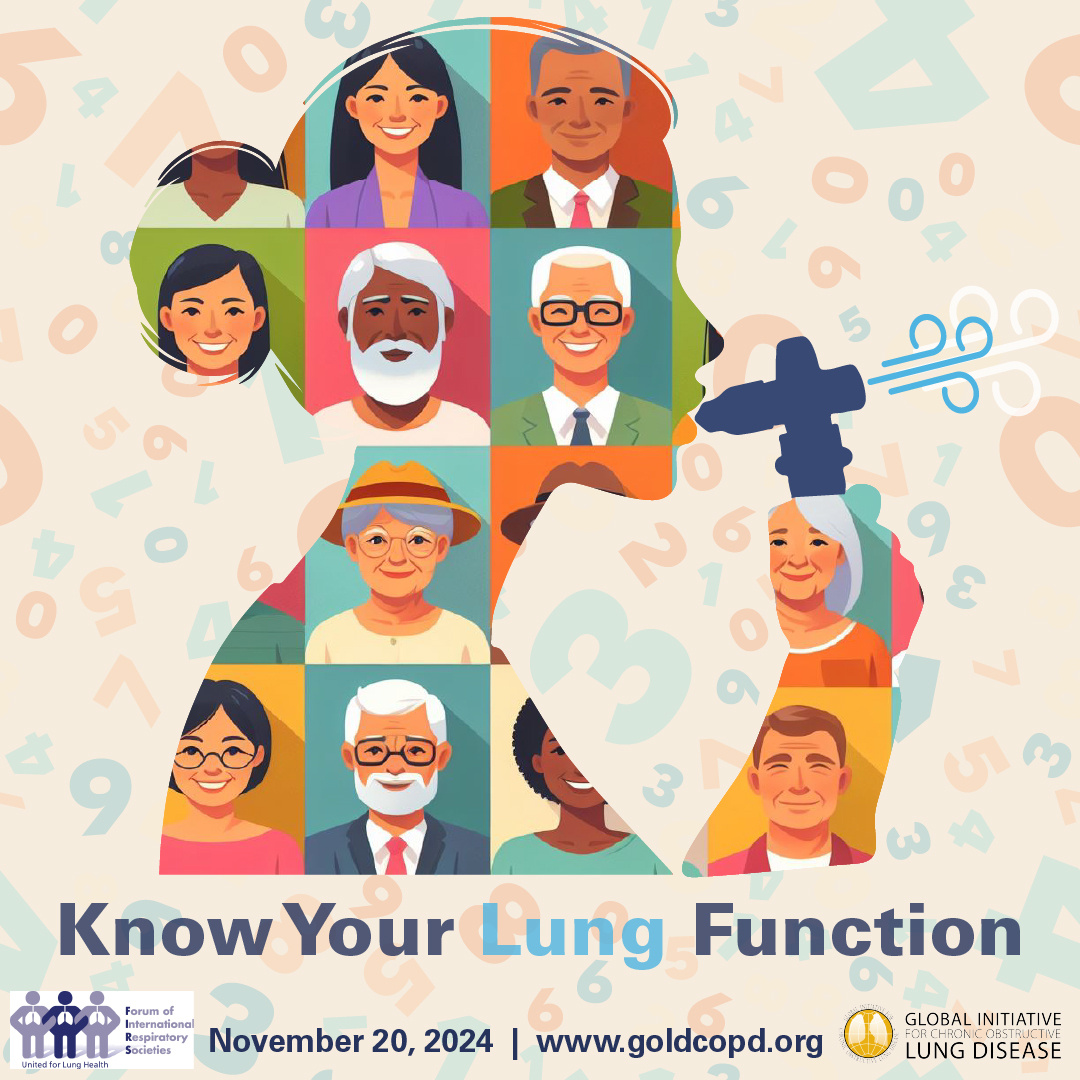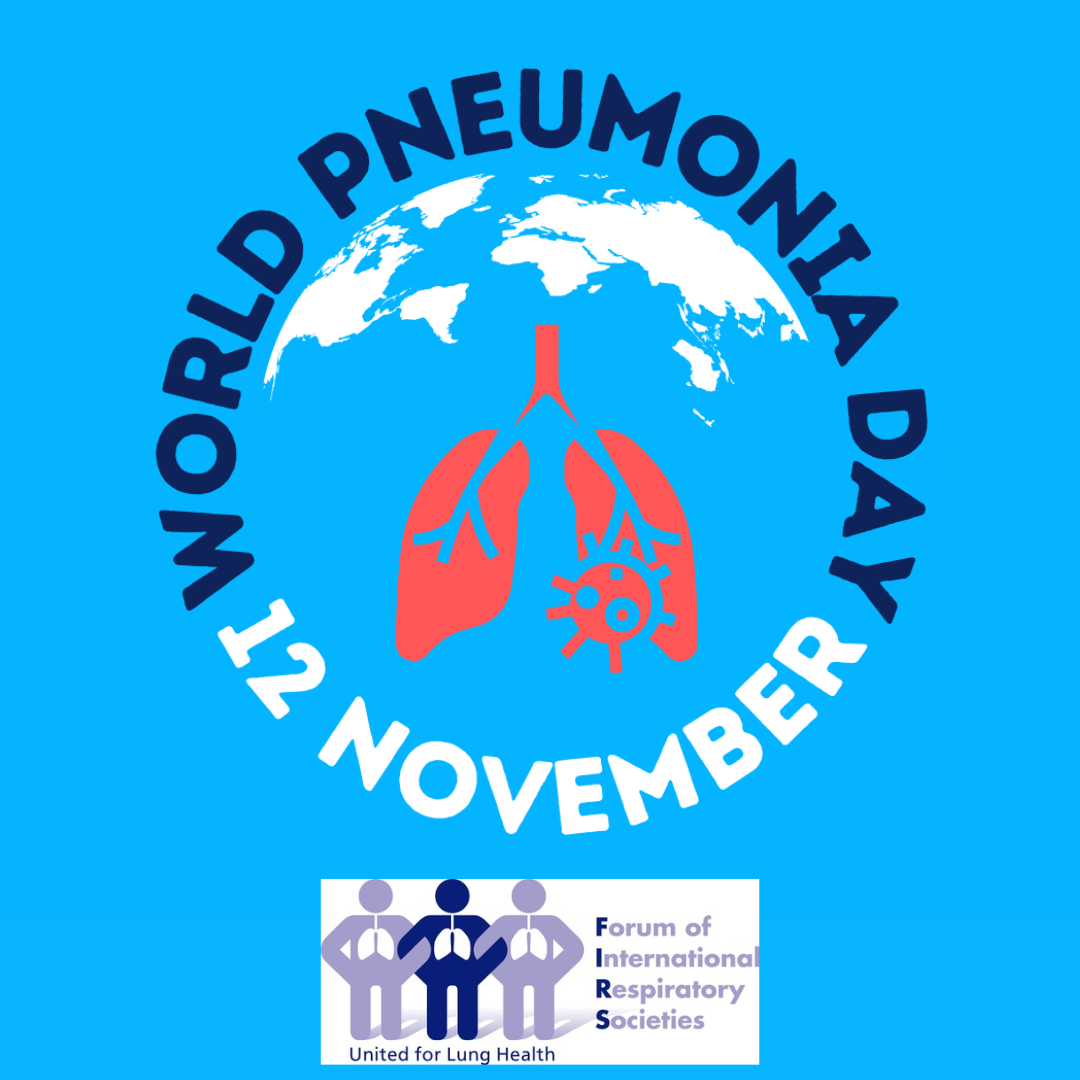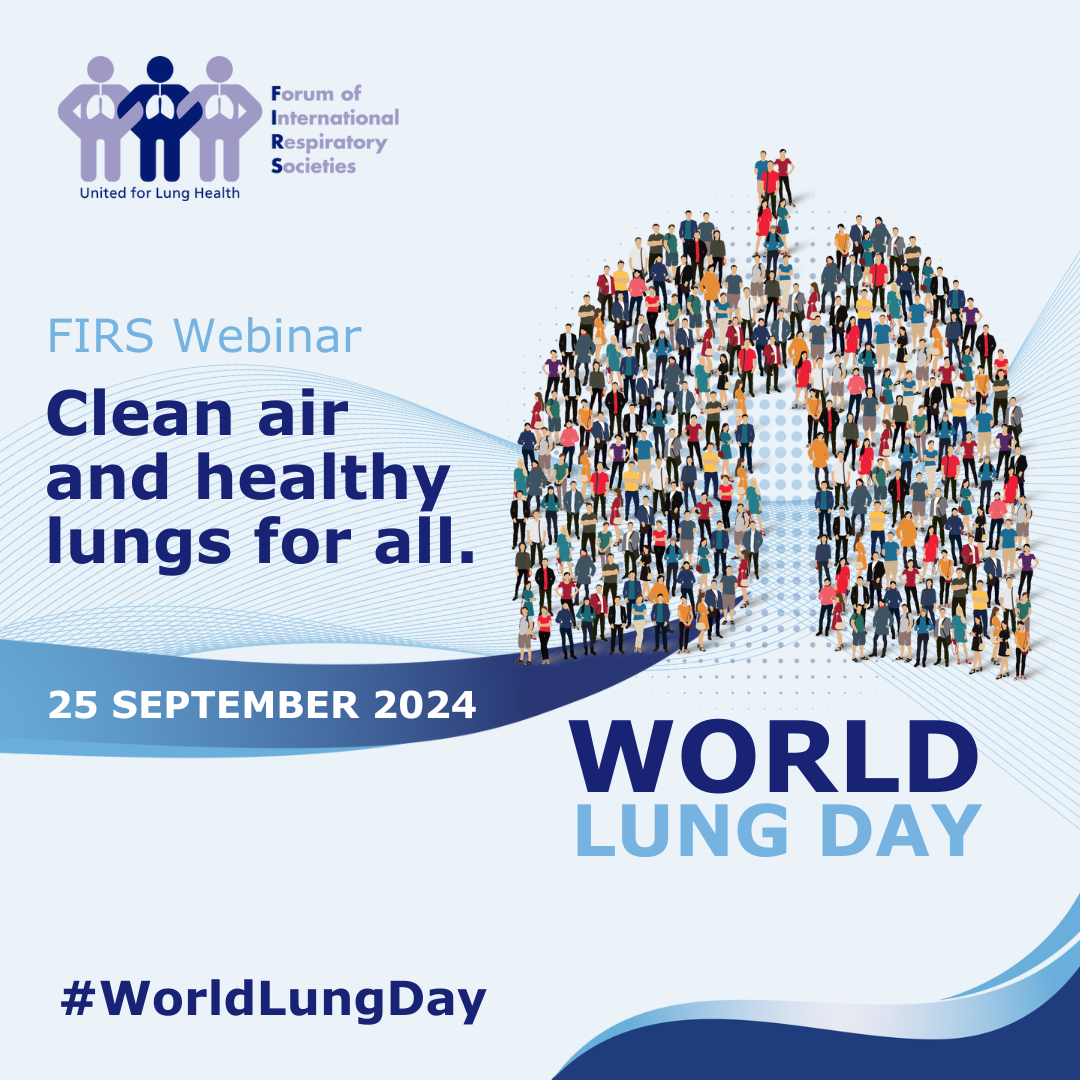Read the latest response statement:
In English (09/04/2019)
In German (29/01/2019)
Was treibt die Lungenärzte an?* –Better respiratory health for all!
In response to an article published in Frankfurter Allgemeine on January 24, 2019, the Forum of International Respiratory Societies (FIRS) respectively disagrees with the group of about 100 pulmonologists and agrees with the German national standards, the European standards, and the World Health Organization (WHO) standards.
According to the World Health Organization, outdoor fine particle pollution, also called “soot” or PM2.5, accounts for 4.2 million deaths per year. Although the lung is most injured by air pollution, it can cause or complicate many conditions outside the respiratory system. The acute effects of air pollution are the most noticeable, but the chronic effects are the most deadly. Cancers, heart disease, birth defects, and even dementia have been linked to air pollution, with PM2.5 and diesel exhaust often being the culprits.
That the harmful effects go unnoticed has prompted WHO to term the health effects of air pollution the “silent epidemic.” The greater the exposure and the less ability to cope with air pollution, because of illness or social vulnerability, the greater the harm done. The harmful effects of air pollution extend below the international standards. For example, an increased risk of stroke is greatest within 12 to 14 hours of exposure to PM2.5 and the relation holds up even with PM2.5 levels below international standards. International standards protect health.
The question “Was treibt die Lungenärzte an?” can be answered well by FIRS, an organization comprised of the world's leading international respiratory societies working together to improve lung health: American College of Chest Physicians (CHEST), American Thoracic Society (ATS), Asian Pacific Society of Respirology (APSR), Asociación Latino Americana De Tórax (ALAT), European Respiratory Society (ERS), International Union Against Tuberculosis and Lung Diseases (The Union), Pan African Thoracic Society (PATS), Global Initiative for Asthma (GINA), and the Global Initiative for Chronic Obstructive Lung Disease (GOLD).
The memberships of these organizations exceed 70,000 globally. Members are mostly pneumologists, many of whom are environmental health specialists and epidemiologists.
FIRS strongly supports international stardards. Promoting clean air promotes health.
Dean E. Schraufnagel, MD, Professor, University of Illinois at Chicago, Executive Director, Forum of International Respiratory Societies
John R. Balmes, MD, Professor, University of California San Francisco and University of California Berkeley
E. Jane Carter, MD, Professor, Brown University, Rhode Island, President, Forum of International Respiratory Societies
Clayton T. Cowl, MD, MS, Chair Division of Preventive, Occupational, and Aerospace Medicine, Mayo Clinic
Sara De Matteis, MD, MPH, PhD, Occupational and Environmental Health Physician and Epidemiologist
Imperial College London
Barbara Hoffmann, MPH, Professor, Environmental Epidemiology, Heinrich-Heine-Universität, Düsseldorf
Woo Jin Kim, MD, PhD, Professor, Director of Environmental Health Center, Kangwon National University
Kevin Mortimer, MB, BChir, Deputy Director, Institute for Health Research, Liverpool School of Tropical Medicine
Rogelio Perez-Padilla, MD, Investigator, National Institute of Respiratory Diseases, Mexico
Mary B. Rice, MD, MPH, Assistant Professor of Medicine, Harvard Medical School
Akshay Sood, MD, MPH, Professor University of New Mexico School of Medicine
Teresa To, PhD, Professor and Senior Scientist, The Hospital for Sick Children, University of Toronto Aneesa Vanker, MBChB, Senior Specialist Paediatric Pulmonologist, University of Cape Town
Donald J. Wuebbles, PhD, MS, Professor of Atmospheric Sciences, University of Illinois at Urbana
Tobias Welte, MD, Professor, Hannover University School of Medicine, Incoming President, Forum of International Respiratory Societies
